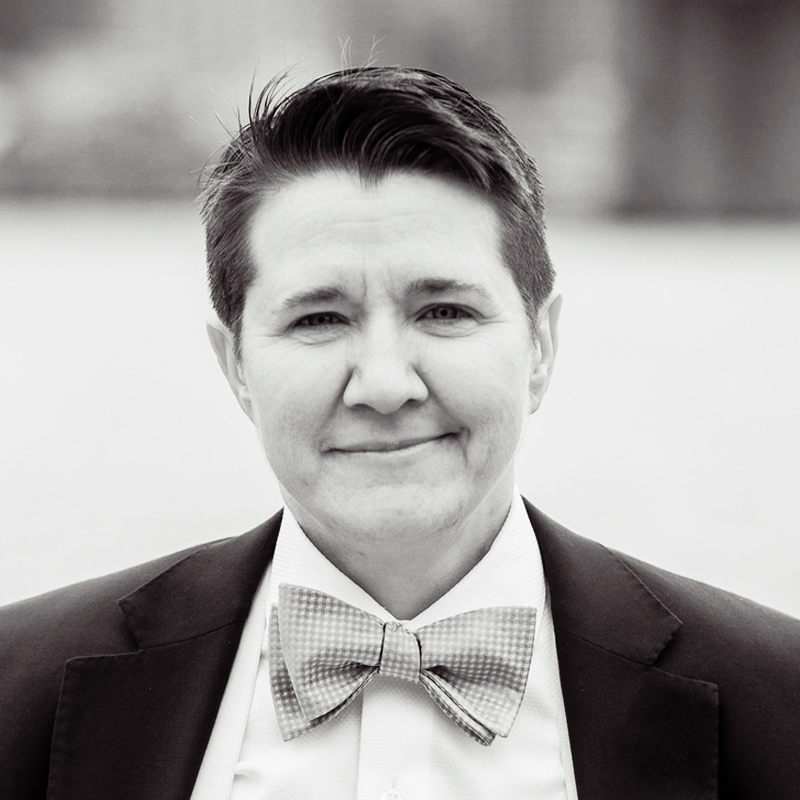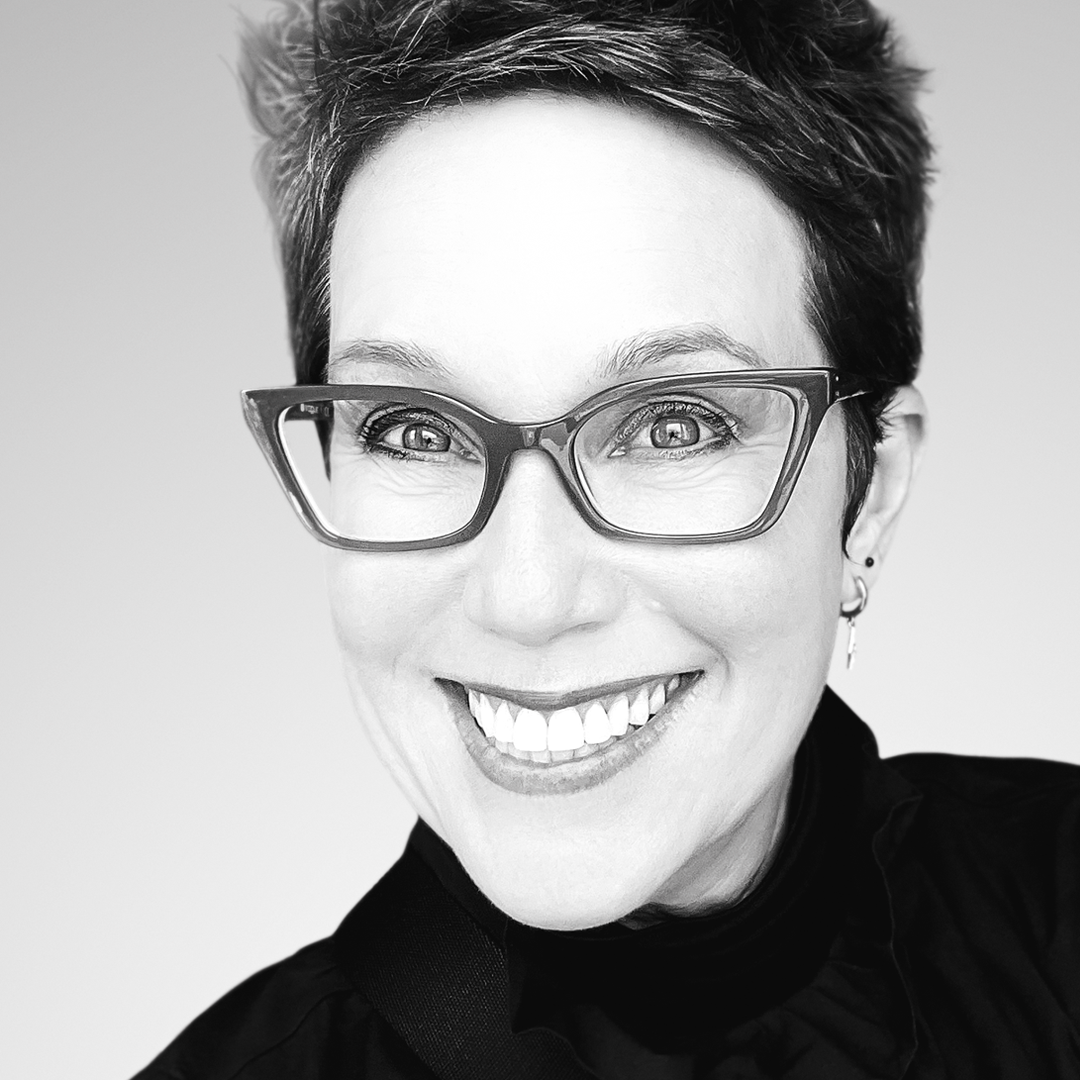Key Takeaways
- Sustainability has gone mainstream—and momentum is accelerating: Climate anxiety, wellness priorities, and digital transparency tools have pushed “better-for” products into the spotlight. The result? Eco-labeled CPG is growing 2.3× faster, and sustainable goods drove 41% of CPG growth over the past decade.
- Consumers are rewriting the ESG playbook: 80% of global shoppers now prioritize values-aligned products, and those with credible ESG claims are growing faster and earning price premiums.
- Proof is the new trust currency: With 76% of consumers demanding clear sourcing and ingredient data, brands can no longer rely on marketing alone. Third-party seals, traceable supply chains, and QR-linked proof are now table stakes for earning trust—and market share.
- Industries are adapting fast—or falling behind: From plant-based foods to clean beauty to low-carbon cars, companies are redesigning portfolios and supply chains to meet values-driven demand.
Listen: Consumers demand better: The ROI of sustainability.
Today’s consumers aren’t just passively reacting to corporate ESG efforts—they’re in the driver’s seat. In fact, 80% of global shoppers are willing to pay more for products that reflect their values, even as inflation squeezes household budgets. The business opportunity is clear: across 32 consumer goods categories, products with credible ESG claims saw 8% higher cumulative growth over five years than those without. What was once seen as a moral surcharge now offers a strategic edge. Companies that back up their words with real, transparent change are earning consumer trust—and rewriting the rules of who wins at checkout.
“We continue to see sustainable products outpace the growth of conventional, with veteran brands adopting sustainable claims on legacy products and driving category shifts. Even with continued inflation, price premiums remain stable and sustainable products continue to eat into the market share of conventional products.”
Randi Kronthal-Sacco Senior Scholar at the NYU Stern Center for Sustainable Business
The era of purpose-driven shopping
The spending shift toward conscious consumerism isn’t a blip; it reflects a deeper change in how people are defining value. Climate stress, health priorities, and always-on product data have moved sustainability from a niche to mainstream buying criteria. Here’s what’s changing the cart:
- Climate impacts hit home. Climate change is disrupting daily life for 85% of consumers globally. And climate anxiety is rising: 61% say it has grown in the past two years, and 76% now prioritize living sustainably, according to Bain. These attitudes are increasingly influencing what people buy and how they choose between brands. 64% of all shoppers now rank sustainability among their top three purchasing criteria, and 73% of Gen Z would pay more for sustainable products.
- Health = everyday decision filter. McKinsey research shows that wellness has become a central focus for consumers in the U.S. (82%), U.K. (73%), and China (87%). In the U.S., 58% said well-being mattered more than a year ago. This heightened interest in health is fueling demand for science-backed, clean, natural, and organic options, and accelerating growth in categories such as plant-based foods and clean beauty.
- Transparency is non-negotiable. For 76% of consumers, access to clear product information is essential, and 80% say they'll turn to digital tools to get it, NIQ reports. In the U.S., more than three-quarters (76%) of grocery shoppers want more details on ingredients and how food is made. And, in the U.K., over half of consumers (56%) seek origin and sustainability data via QR codes. With scannable labels, smart apps, and platforms like HowGood, shoppers can verify claims in seconds and share their findings. From TikTok callouts to “do not buy” lists on Discord, digital tools are turning visibility into accountability. Brands that can't back up their claims risk disappearing from carts.
These trends make one thing clear: values are no longer separate from the purchase decision—they’re driving it. Products with sustainable attributes earn 6-25% more than those without such claims. And in the U.S., sustainable consumer packaged goods (CPG) are growing 2.3 times faster than their conventional counterparts, proving that “better for” people and the planet is just good business.
Products marketed as sustainable drove 41% of CPG growth between 2013 and 2024 despite comprising less than a quarter of the market.
NYU Stern 2024 Sustainable Market Share Index™
Industries are pivoting fast to satisfy conscious consumers
Companies are changing their product offerings faster than ever to tap into consumer demand for sustainable offerings. These changes go beyond marketing tactics. They involve real changes in design, sourcing, manufacturing, and how products reach store shelves. Here’s how three sectors are transforming under the pressure of values-driven spend.
Food & beverage: Plant-based becomes a pantry staple
Rising concerns about additives and ultra-processed products are pushing consumers toward simpler, more natural ingredient lists. 78% of shoppers globally are willing to pay more for natural items regardless of price. And the industry is responding. Even in a tough US economy and sluggish grocery sales, plant-based foods are holding firm at $8.1 billion and reach 59% of kitchens. Worldwide, the category is projected to grow 11% annually, reaching $30 billion by 2035. Plant-based is just one signpost of a broader shift. Conscious consumers are also fueling growth in adjacent categories like non-GMO, organic, and clean label.
That growth is especially evident in protein alternatives. When egg prices spiked during the 2025 bird flu outbreak, sales of plant-based JUST Egg jumped fivefold, and 56% of buyers returned for more. Big brands are also leaning in: PepsiCo recently launched a plant-powered snack line and Kraft Heinz unveiled a chocolate pudding made from oat milk. These aren't side bets—they're core strategies designed to meet rising consumer demand, mitigate risk, and secure long-term growth.
“Chicken eggs are harder to find, more expensive, and less reliable than ever before. Meanwhile, Just Egg is fully stocked and growing faster than any time in our history.”
Joshua Tetrick Co-Founder and CEO at Eat Just
Strategic lens for leaders:
- Diversify your portfolio. Non-traditional options can help buffer against supply disruptions and reduce Scope 3 emissions. To earn shelf premiums and long-term loyalty, ensure they also deliver on taste, nutrition, and health.
- Lead with transparency and back it with proof. Invest in transparency tech (QR codes, blockchain) to communicate authentic farm-to-fork stories. Support claims with credible third-party verifications, such as Certified Plant Based or Vegan, to boost trust and justify price premiums.
Proof-powered beauty & personal care: Trust wins the aisle
Beauty and personal care shoppers once believed glossy promises. Today, they want proof that products are free from harmful impacts to human and planetary health. 65% of U.S. consumers want clear ingredient lists to avoid hidden hazards, and 63% say “clean” is a deal-breaker when choosing which beauty products to buy. That mindset is transforming the aisle: products billed as “free from” parabens, sulfates, and phthalates are growing 6.5 times faster than the category as a whole. Globally, the clean-beauty market is racing toward $30 billion, compounding at almost 15% a year. And social media is speeding up this trend: CleanHub reports that clean beauty has garnered over 1.9 billion views on TikTok and 6.1 billion tags on Instagram.
Yet words on a bottle are no longer enough. Fewer than one in ten Americans trust claims that brands make on their own. This growing trust gap is shifting consumer attention to third parties they perceive as more credible. Retailer and third-party seals like EWG Verified, Sephora Clean, Target Clean, and MADE SAFE are stepping in to fill the gap. And it’s not just about what’s left out—some standards go beyond banned ingredients. They vet supply-chain impacts, labor ethics, packaging choices, and transparency. For example, Ulta Beauty and Macy’s have widened their Conscious Beauty programs to recognize products that are cruelty-free, vegan, and sustainably packaged. Amazon takes a different approach, allowing brands to earn its Climate Pledge Friendly badge through any of 50+ independent certifications or Amazon’s own criteria.
Bottom line: brands that back their claims with transparent, third-party proof will earn a lasting spot in shoppers’ carts.
“Brands displaying the Amazon Climate Pledge Friendly badge typically see a 12.5% lift in sales and a 10% spike in page views thanks to 20+ discovery features that drive customer awareness.”
Novi
Strategic lens for leaders:
- Design for verified sustainability. Prioritize low-impact ingredients and packaging pilots. Embed third-party verification into every reformulation so claims are marketable from day one.
- Elevate the proof. Use platforms like Novi or Provenance to fast-track third-party and retailer certifications. Pipe ingredient and packaging data into retailer dashboards to unlock higher visibility for sustainable attributes in filters, search, and signage.
- Turn buzz into buyers. Team up with science-savvy influencers and feature trust seals across social media to convert #cleanbeauty chatter into bigger baskets and lasting loyalty.
Automotive: Shifting gears to a net-zero, circular future
Electric mobility has hit the fast lane as shoppers increasingly seek lower emissions cars. Based on IEA data, electric vehicle (EV) sales soared to 17 million in 2024—more than one-fifth of all new cars and triple 2020 volumes. What's striking is that sustainability is influencing purchasing decisions, even in high-ticket categories like autos. A 17-country YouGov study reveals that nearly half would pay a 10% premium and a quarter would go up to 25% extra for a car built with the planet in mind.
Automakers are racing to convert that appetite into profit. Volvo’s EX30 has reduced its carbon footprint by 60% compared to the XC40, thanks to its lighter weight, smaller battery, and high use of recycled materials. It uses significantly less energy to build and drive over its lifetime. And Volvo isn’t the only one thinking about impact. Ford, Volkswagen, Audi, and other manufacturers are collaborating with Redwood Materials on circular ecosystems that recover up to 95% of critical metals needed for next-gen battery electrodes. By closing the loop, they reduce battery costs, shrink lifecycle emissions, and insulate their supply chains from the risks associated with new metal mining.
But electrification isn’t a one-size-fits-all journey—especially in markets like the U.S., where cost, charging access, and driving range continue to shape consumer behavior. Those factors, combined with shifting federal policies, have triggered a surge in hybrid adoption. New hybrid sales in the U.S. rose nearly 44% last year, with Toyota alone posting a 66% jump. Consumers chasing lower fuel bills—and lower emissions—are effectively steering powertrain roadmaps.
The takeaway for automakers is clear. Sustainable materials, low-carbon manufacturing, and circular supply chains are redefining how cars are built, powered, and repurposed. From battery loops to bio-based interiors, the race toward net-zero isn’t just about electrification—it’s about reinventing the entire automotive value chain.
Strategic lens for leaders
- Close the loop early. Invest in recycling partnerships to de-risk supply chains, reduce material costs, lower emissions, and stay ahead of upcoming recycled-content mandates in the EU and U.S.
- Diversify the zero-emission toolbox. Pilot next-gen innovations like hydrogen fuel cells and sodium ion batteries to address varied use cases and keep every customer segment engaged.
- Turn proof into profit. Publish verified life cycle assessments (LCAs), similar to Volvo, and empower engineers, not ads, to tell the story across social feeds and dealer floors. Tag batteries and key components with QR-linked digital passports, so buyers—and resale markets—can verify origin, carbon data, and condition in seconds.
Converting demand into competitive advantage
When consumer values shift, so must the playbook. These five moves help brands turn demand signals into measurable, market-moving advantage—linking what shoppers care about to what the C-suite tracks.
- Listen deeply. Mine reviews, POS data, social chatter, and loyalty apps for emerging preferences.
- Prototype fast. Pilot new formulas, materials, or circular offerings in limited runs. Iterate fast and scale what sticks.
- Prove the math. Track price premium, basket size, and cost avoidance on a live dashboard the CFO trusts.
- Certify, don't self-declare. Third-party seals beat self-declared claims in trust tests.
- Tell the story. Transparent progress reports and on-pack QR codes close the loop with shoppers—and investors.
Act on the signal and reap the dividend with Aquent
Consumers have handed businesses a crystal-clear mandate: match my values, and I’ll reward you with spend and loyalty. Brands that answer aren’t just “doing well”—they’re outgrowing, out-pricing, and outlasting the competition.
Ready to turn pressure into profit? Aquent Sustainability supplies the ESG strategists, Data Analysts, and creative storytellers you need to translate consumer insights into bottom-line growth.
See how we can accelerate your sustainability ROI.
Looking to bolster your sustainability efforts? Aquent Sustainability is here to help. Whether you're building an in-house Sustainability Team or need an expert to advise on best practices, our sustainability recruitment and consulting services help companies grow their impact. Get in touch.
Latest.

Efficiency out, efficacy in: The evolution of creative ops 2026.
Insights from InsideOut, Consulting & Operations

Three ways to cut business costs in a tight economy.
Climate Action, Sustainability

Prioritizing pay for high-value emerging skills.
Career Advice, Leadership & Management, Retention Strategies, Talent Acquisition & Recruitment








